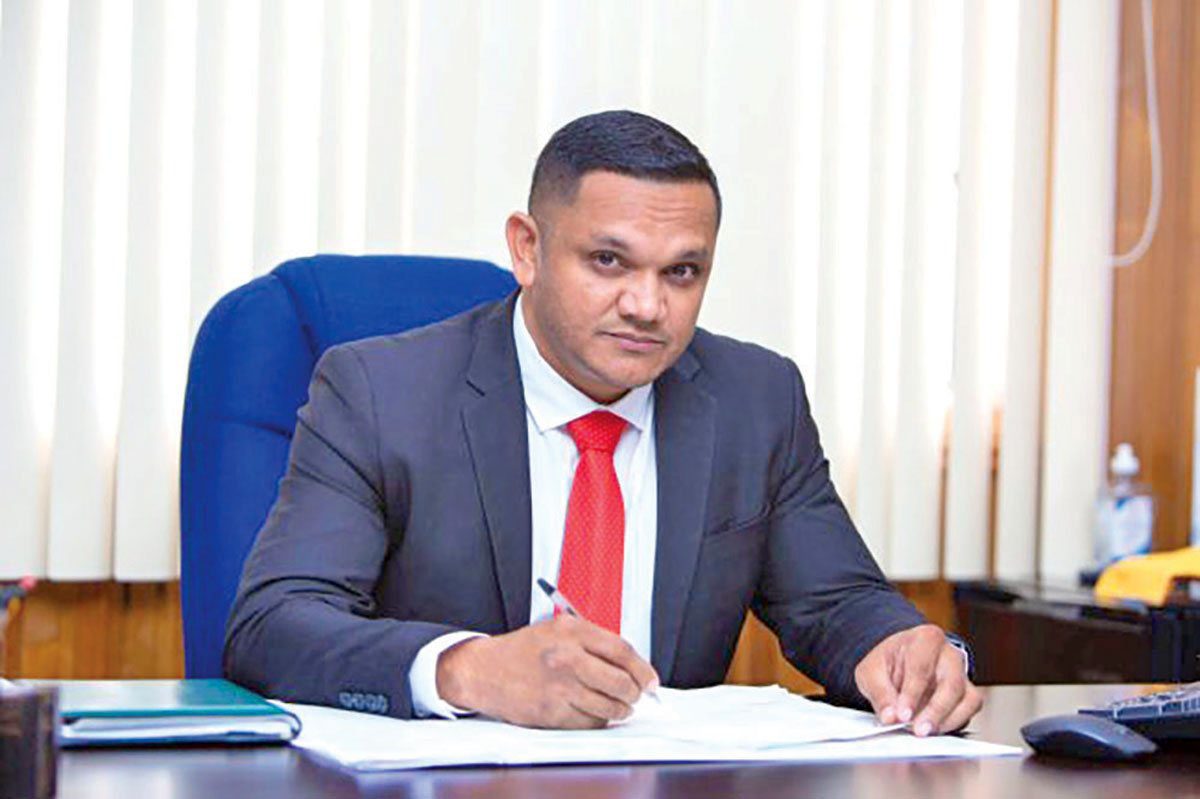Guyana’s Minister of Natural Resources, Vickram Bharrat recently told OilNOW that his ministry welcomes the positive announcement at the Kawa-1 well which was made by CGX Energy Inc. and Frontera Energy Corporation in the Corentyne Block. He was keen to note however that CGX and its partner are expected to do further appraisal work on the net pay and fluid properties of the hydrocarbons found across the shallow and deep reservoirs via electric wireline logging and fluid sampling. Following this, Mr. Bharrat said the company will issue a notice of discovery to the government.
While the administration awaits these results, Mr. Bharrat said, “The positive announcement is significant for the people of Guyana as it further de-risks the Guyana basin and deepens our knowledge on how the oil and gas resources are spread. Under the PPP/C leadership, all discovered resources would only add to the transformational wealth and prosperity to be catapulted exponentially by 2025 and beyond.”
He added, “We are cognizant however that there must be a balance between the pursuit of our oil inheritance and the protection of our environment. Budget 2022 keeps us on that trajectory; so too does the new Low Carbon Development Strategy 2030.”
In light of the aforementioned, the natural resources minister said there is no doubt that Guyana’s finest days as an oil-producing State with unquestionable low carbon credentials are right within the country’s grasp.
It was on Monday that CGX announced it had struck oil at Kawa-1 after more than 20 years of seismic data acquisition and drilling on the Corentyne Block.
CGX and partner Frontera Energy Corporation said the Kawa-1 well was drilled to a depth of 21,578 feet (6,578 metres) on the northern section of the block and encountered approximately 177 feet (54 metres) of hydrocarbon-bearing reservoirs within Maastrichtian, Campanian and Santonian horizons based on initial evaluation of Logging While Drilling (LWD) data.
For a comparison, ExxonMobil’s Whiptail-2 well announced in July 2021 had encountered 167 feet of hydrocarbon-bearing reservoirs while Hammerhead, announced in August 2018, had encountered 197 feet of hydrocarbon-bearing reservoirs. Both were said to be significant discoveries with potential for a standalone development. With gross pay at Kawa-1 falling right in the middle of these two discoveries, CGX and Frontera seem to have finally hit the jackpot.
The partners said the intervals at Kawa-1 are similar in age and can be correlated using regional seismic data to recent successes in Block 58 in Suriname and the Stabroek Block in Guyana. They said too that Kawa-1 also encountered hydrocarbon-bearing sands in deeper strata (Coniacian or older). The companies said this will be analyzed and could become the target of future appraisal opportunities.
Further to this, CGX and Frontera said the net pay and fluid properties of the hydrocarbons across the shallow and deep reservoirs will now be confirmed with electric wireline logging and fluid sampling, with results to be disclosed as soon as practicable.
Both disclosed that the Kawa-1 results support the geological and geophysical models used while noting that they have helped de-risk equivalent targets in other parts of the Corentyne license area. The end of well forecast is currently projected to be the end of February 2022.
Significantly, the partners are now eager to build on their recent offshore positive results at the Kawa-1 exploration well, with plans moving apace to spud its second commitment well, called Wei-1, in the northwestern part of the Corentyne block in the second half of 2022.
CGX is the operator of the Corentyne block with a 66.667% participating interest, with Frontera Energy Corporation holding a 33.333% interest.



